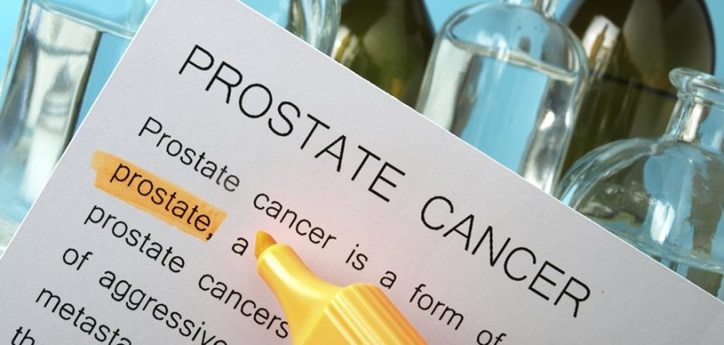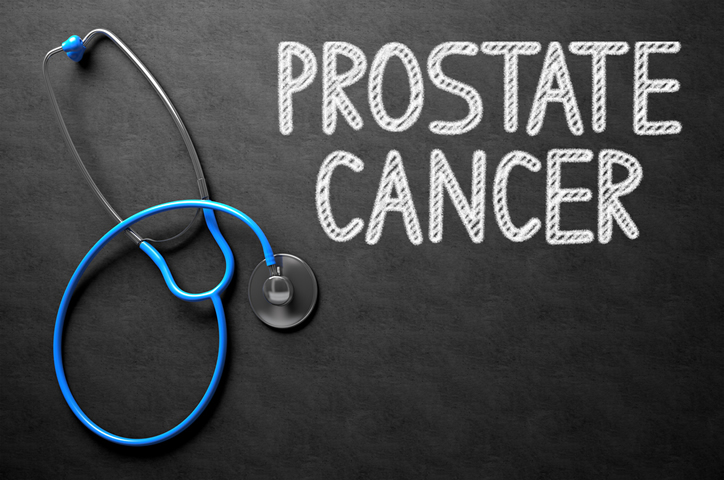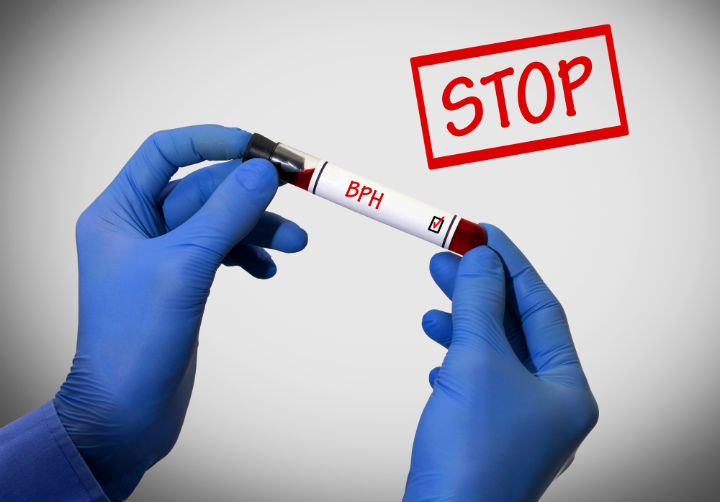-
As a man, you will eventually have to undergo a prostate exam. It is recommended by the American Cancer Society that men get screened by the age of 40. This is because the development of prostate cancer in middle-aged men has increased in recent years. It is important to...
-
The prostate gland is a small gland located just below a man’s bladder and is responsible for secreting the fluid that causes ejaculation. Prostate cancer begins when the cells in the gland grow and develop more rapidly than the normal cells. Prostate cancer is the second leading cause of...
-
Even though medical advancements are made every day, medical researchers still don’t really know what causes prostate cancer. Fortunately, advances in diagnosis and treatment for prostate cancer look very hopeful. Possible Causes Some men inherit the hereditary prostate cancer gene 1, or the HPC1 gene. Unhealthy changes in the...
-
Benign Prostatic Hyperplasia is basically an enlarged prostate gland. The growth of the prostate occurs in two phases as a man matures; in the first phase, the prostate doubles in size as a boy reaches puberty, and then later around the age of 25 growth continues. As a man...
-
Going to the doctor for a prostate exam can cause men quite a bit of anxiety and dread. Unfortunately, this may cause men to put off or completely avoid this potentially life-saving procedure. Reasons for shunning a prostate exam may include feelings of embarrassment; fear of physical discomfort; or...
-
Prostate cancer is a painful and potentially deadly disease that all men should be aware of. It’s wise to speak with your doctor and learn about your personal risk factors. You can begin to educate yourself on this topic by learning about the following three prostate cancer risk factors....








